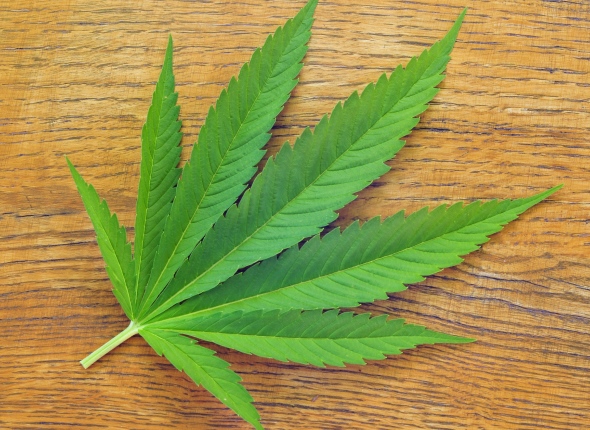Companies and Brands
Congress Deserves Blame for Colorado Ruling Against Medical Marijuana
Published:
Last Updated:

Needless to say, this was not a popular decision among marijuana legalization activists. In his appeal, Coats claimed that Colorado labor laws legitimized his use of marijuana, making his firing illegal under those same laws. The court’s ruling held that the term “lawful activity” must be considered in both a federal and a state legal context. Because marijuana use remains illegal under federal law and marijuana itself is classified as a Schedule 1 drug, the fact that both the Congress and the Obama administration’s Justice Department have signaled that enforcement will be both lightly funded and lightly enforced does not supersede the law. Under federal law, marijuana is a dangerous and illegal drug and that is the end of the story, regardless of the feds’ “wink-wink-nod-nod” approach.
At the Brookings Institution’s Fixgov blog, managing editor John Hudak noted:
Federal efforts have limited funding for the use of enforcing medical marijuana laws (Congress) or use prosecutorial discretion to limit the enforcement of marijuana laws (Department of Justice). However, those moves do not resolve the serious disconnects in the law that extend far beyond a medical marijuana patient fearing prosecution. Inconsistencies between state and federal marijuana laws extend to issues of employment, housing, banking, property rights, and a variety of other areas
We have noted before that the lack of a federal law — which only Congress can pass — raises any number of obstacles for companies in the marijuana industry. Dispensaries and growers cannot find bankers willing to take their cash deposits, and even a state government is having difficulty finding a willing bank. With almost half the states having approved the use of medical marijuana, perhaps it is time for Congress to fix a system that is truly broken.
ALSO READ: The 10 Largest Marijuana Companies
Thank you for reading! Have some feedback for us?
Contact the 24/7 Wall St. editorial team.